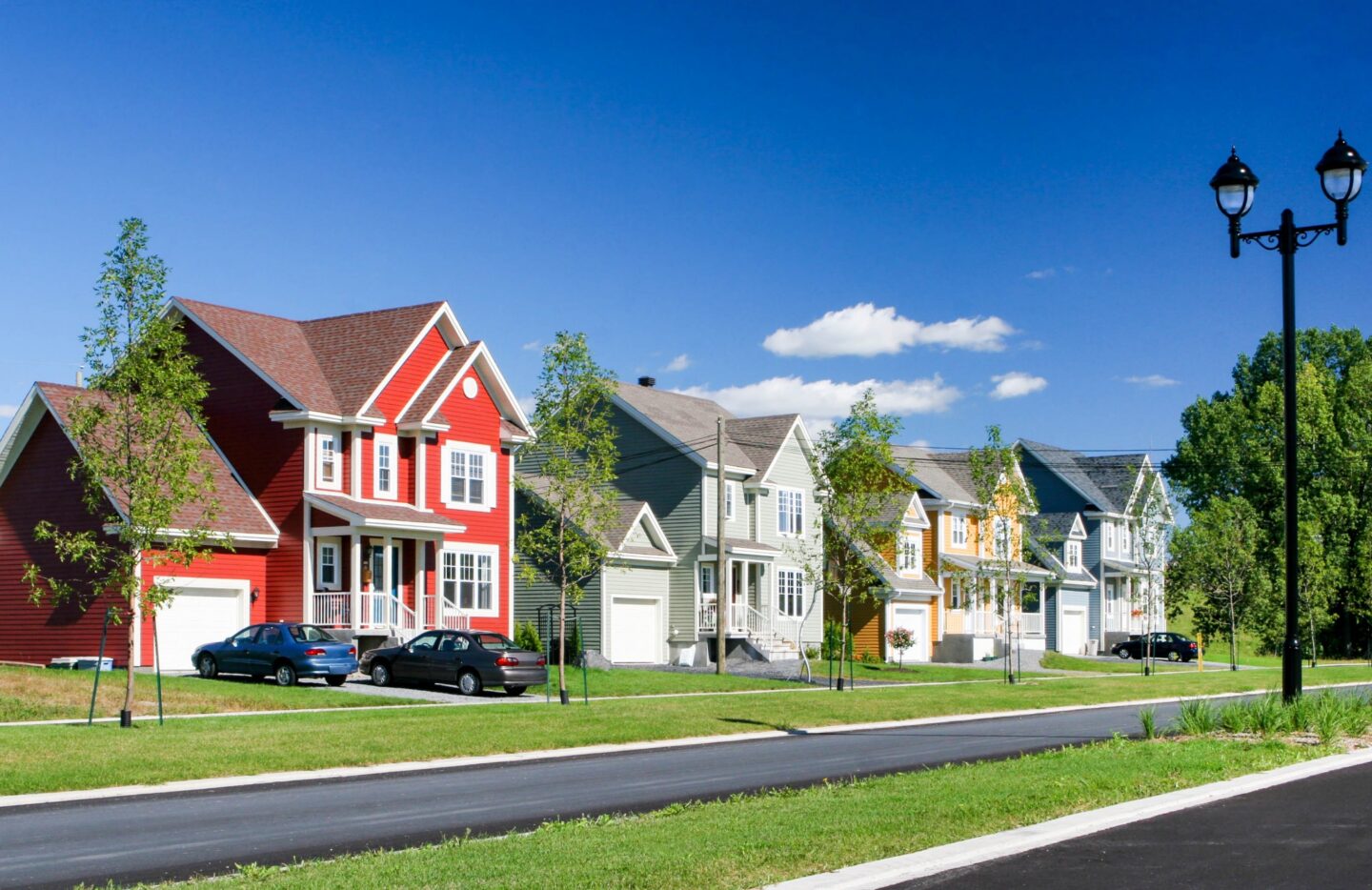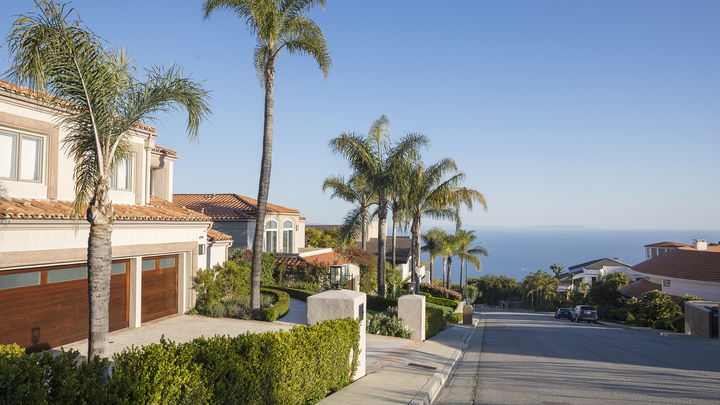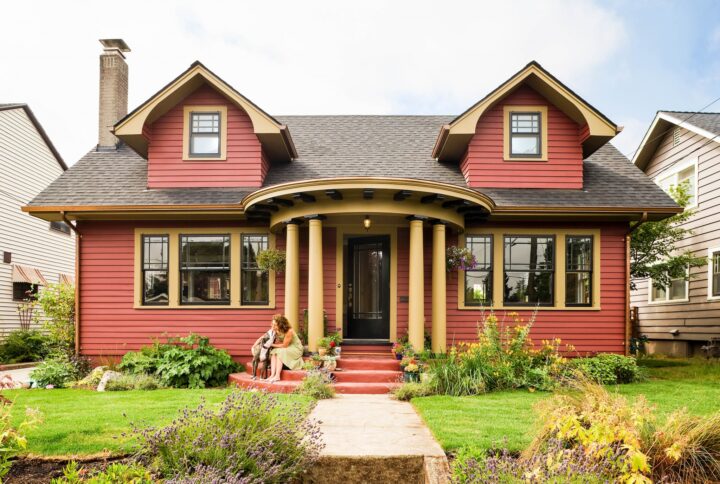How Previous Recessions Affected Home Values

Written by Amie Fisher on May 28, 2020
As federal and state officials scramble to limit the economic fallout from the coronavirus, many economists are talking about the prospect of a recession. Typically, a period of economic decline is not called a recession unless it continues for an extended period of time (6 months or more), but given the rapid drop in growth and mounting job losses due to coronavirus concerns, many economic experts agree that we are probably in a recession already or heading toward one soon. But how much does an economic downturn affect housing — often a person's biggest asset?
In July 2019, long before 'COVID-19' entered our vocabulary, a survey of economists found the majority expected a recession to begin within the next two years: 50% predicted a recession in 2020, and another 35% predicted it would arrive in 2021. Given this speculation, Zillow Research studied the link between recessions and home values.
Here are two of their key findings:
- “In the past 23 years, there have been two national recessions — the dot-com crash from March to November 2001 and the Great Recession from December 2007 to June 2009 — and several statewide or regional recessions. Home values broadly fell across the country during the Great Recession, but in most other cases annual home value growth remained positive.”
- “Recessions do have an impact on the housing market, but the widespread collapse of home values during the Great Recession is an outlier.”
Much has changed since July 2019, and the long-term economic effects of this pandemic are still unknown. But in a forecast released in May 2020, Zillow economists predict that home prices will most likely decrease between 2-3% through the end of the year from pre-COVID levels and slowly recover by late 2021.
Want more real estate news and data?
Visit Zillow Research, your source for timely and accurate housing data and unbiased insight.
Tags
Ready for a new address?
Get an instant cash offer or list with a local partner agent.
Explore selling optionsRelated Articles
Sell your home with a winning strategy
Here’s how to maximize your home sale with the right selling plan.

Build a smart selling plan
Talk to your agent about their marketing approach - especially online - to ensure you’re getting the best possible price for your home.



